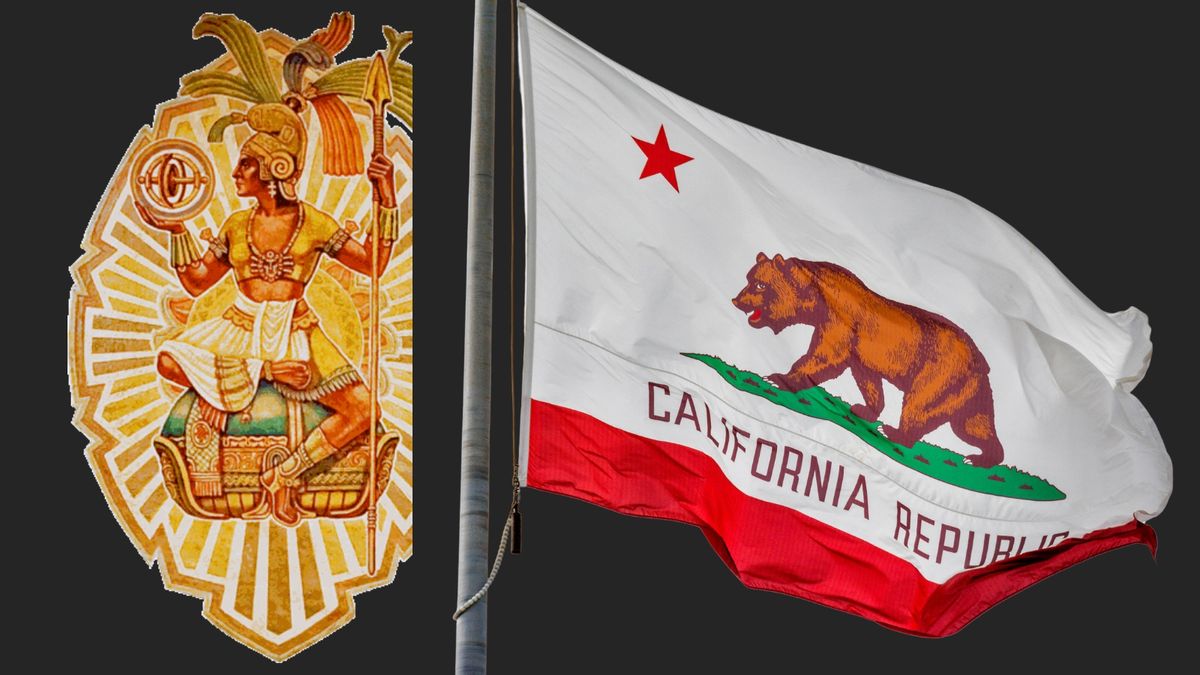For years, claims have circulated that the state of California got its name from a fictional island depicted in a 16th-century Spanish romance novel:
This post, published in 2020, garnered 12,000 upvotes. The claim was also shared on other social media platforms, including Instagram, X and TikTok.
The claim is true. In the after Christopher Columbus arrived on an island in the Caribbean, the Spanish writer and poet Garci Rodríguez de Montalvo published the chivalry romance novel "Las sergas de Esplandián" — "The Adventures of Esplandián."
The novel recounted the feats of the medieval knight Esplandián, son of the mythical King Amadís of Gaul. In the book, Rodríguez de Montalvo described an island called "California." He located it "on the right-hand side of the Indies," near the "Earthly Paradise."
He wrote that Black women inhabited it, without a single man among them. Their lifestyle was very similar to that of the mythical Amazons. He said their bodies were brave and vigorous, and their hearts ardent. The women were very strong, their weapons were made of gold, the only metal available on the island. They tamed "wild beasts" and rode them. They warred against men, though kept some of them for mating before killing them. If they gave birth to girls, Rodríguez de Montalvo wrote, they kept and raised them. If they had boys, they killed them. The women also tamed griffins — mythical lion-eagle hybrids — he said, and trained them to attack and eat men and boys.
Arabic Influence
Calafia was the queen of the island. Rodríguez de Montalvo did not expound on the etymology of her name, but Spain at the end of the 15th and the beginning of the 16th century was still under heavy Arabic influence. An estimated 4,000 Arabic words still pervade Castilian — the standard form of the Spanish language — out of roughly 93,000 words in use today, according to the Real Academia Española. A viral TikTok video illustrates this linguistic influence:
It is therefore more than likely that "Calafia" comes from the Arabic "khalifa," the feminine of "khalif" — a word that means, literally, "successor," but is used widely as leader or head of state.
The Naming of the State
In 1510, Spanish conquistadors were still at the very early stages of the exploration of the Americas. The name "California" first appeared in 1562, when Royal Cartographer Diego Gutiérrez mapped the area (see the full image here):

(Library of Congress, Geography and Map Division)
At the time of its discovery, explorers thought that Mexico's Baja California was an island. Still, the name stuck. California the "island" became California the peninsula, which then became Baja California when the U.S. state got its name.

